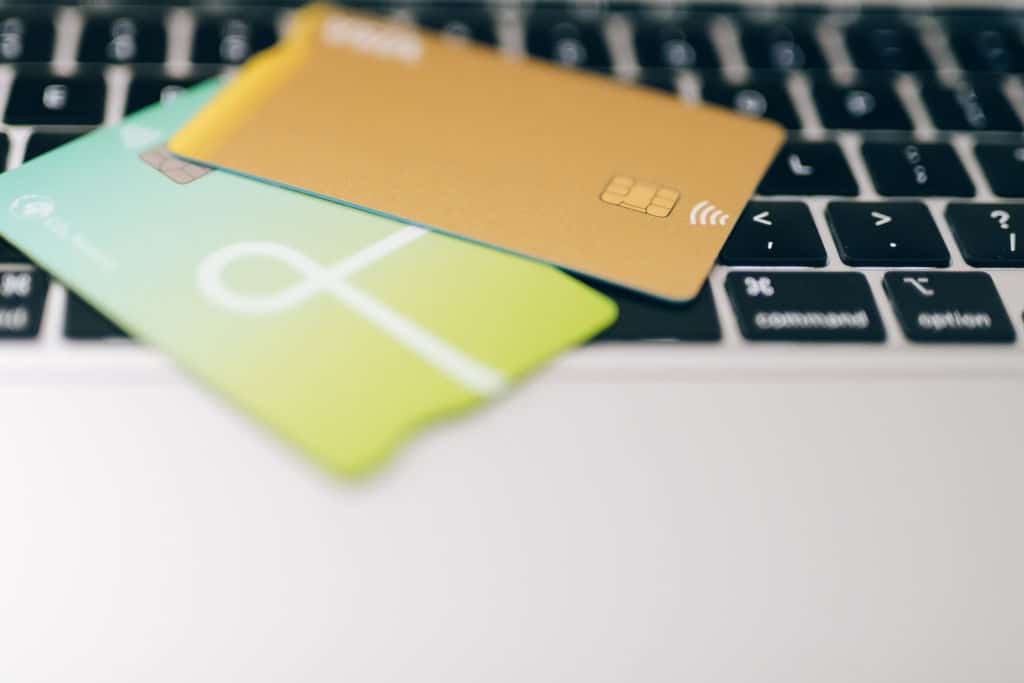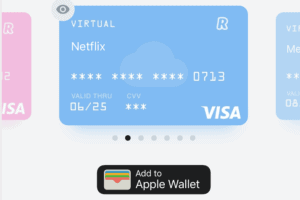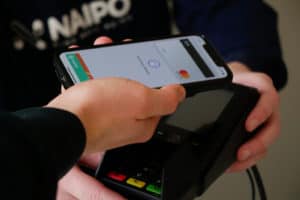Looking for a seamless way to transfer money from your debit card to your credit card?
Discover the possibilities, methods, and smart tips to make it happen without a hitch – all while keeping an eye on your credit score. Stay with us to uncover alternative payment options and get answers to your burning questions.

Is Transferring Money From Debit Card to Credit Card Possible?
Transferring money directly from a debit card to a credit card is not possible. However, you can transfer money indirectly by using a method that allows you to add money to your credit card account. Here’s one way to do it:
Bank Account Transfer:
- Use your debit card to transfer money to your bank account. Most banks provide online banking services that enable you to transfer money between accounts.
- Once the money is in your bank account, use the bank’s online bill payment feature or app to pay your credit card bill. Make sure you have your credit card account number handy.
- Keep in mind that some banks may charge a fee for this service, so check with your bank before proceeding.
Always be cautious about using third-party apps or services to transfer money, as they may not be secure or reliable.
What Are the Different Methods to Transfer Money?
To indirectly transfer money from your debit card to your credit card, you can consider the following methods:
Bank transfers:
Use your bank’s online services or mobile app to transfer money from your debit account to your bank account, and then use the bank’s bill payment feature to pay your credit card bill. Check with your bank for any associated fees or processing times.
Money transfer services:
Consider using reputable money transfer services like Western Union or MoneyGram. These providers allow you to pay credit card bills using your debit card. Be sure to compare fees and processing times before making a decision.
Mobile payment apps:
Mobile payment apps like PayPal, Venmo, and Zelle may offer the ability to pay your credit card bill using a debit card, just as you would use a debit card to buy a gift card. You’ll need to link your bank account or debit card to these apps and then use the app’s bill payment feature to send money to your credit card issuer.
Always remember to check the fees and processing times associated with each method, as these can vary significantly. Also, ensure the app is secure and reliable, and avoid using apps from unknown sources or companies.
How to Choose the Right Method for Transferring Money?
When choosing the right method to transfer money from your debit card to your credit card, consider the following factors:
- Fees. Compare the fees associated with each method. Some banks, money transfer services, or mobile payment apps may charge transaction fees, while others may offer free transfers.
- Processing Time. Assess the processing time for each option, as this may impact how quickly your credit card payment is processed. Faster processing times can help you avoid late fees and interest charges.
- Security. Ensure that the method you choose has robust security measures in place to protect your sensitive financial information.
- Convenience. Evaluate how easy it is to use each method. A user-friendly interface and seamless process can save time and reduce the risk of errors.
Can Transferring Money Impact Your Credit Score?
Transferring money from your debit card to your credit card indirectly to pay your credit card bill can impact your credit score in a positive way if it helps you maintain a low credit utilization ratio and make timely payments.
Good payment history and lower credit utilization can improve your credit score over time.
However, if you regularly max out your credit card or miss payments, your credit score may be negatively affected.
Are There Alternative Ways to Pay Your Credit Card Bill?
Yes, there are alternative ways to pay your credit card bill, including:
- Bank account transfer. Set up a one-time or recurring transfer directly from your checking or savings account to pay your credit card bill. Most banks offer online or mobile banking services to facilitate this process.
- Mobile wallet or payment apps. Some mobile wallets or payment apps, such as Apple Pay, Google Pay, or Samsung Pay, may allow you to pay your credit card bill using your linked bank account or debit card.
- Cash advance. In certain situations, you can take out a cash advance from your credit card and use the cash to pay your credit card bill. However, this method is generally not recommended, as cash advances often come with high fees and interest rates.
- Peer-to-peer (P2P) lending. You can consider borrowing money from friends, family, or P2P lending platforms (such as Kiva) to pay your credit card bill. Be sure to repay your loan promptly to avoid damaging your personal relationships or your credit score.
It’s essential to evaluate each method’s convenience, fees, and processing times to find the most suitable option for your needs.
FAQs
How long do debit to credit card transfers take?
The time it takes to transfer money indirectly from a debit card to a credit card depends on the method used, typically ranging from a few hours to a few business days for processing and reflecting in your credit card account.
Are transfer amounts limited between debit and credit cards?
Yes, transfer amounts can be limited by factors such as your bank’s daily transfer limits, your credit card’s available credit, and any restrictions imposed by the money transfer service or mobile payment app.
Can I transfer from my debit card to another person’s credit card?
While you cannot transfer directly from your debit card to someone else’s credit card, you can send money to their bank account, which they can then use to pay their credit card bill.












